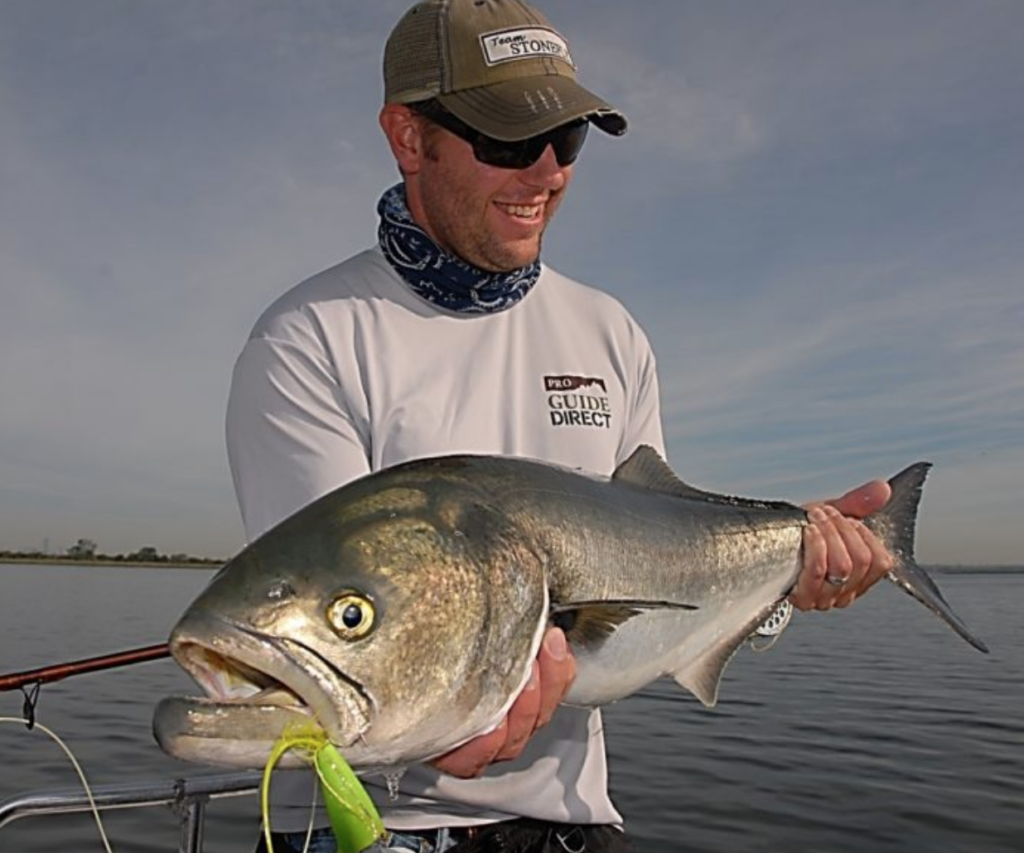
Chinook salmon in California, coho in Washington, bluefish in the Mid-Atlantic, and king mackerel in the Gulf of Mexico: What do these fish have in common? One, they are a lot of fun to catch on a fly. But more importantly, they are conservation success stories. Each of these fisheries saw major declines as a result of overfishing, but today have been recovered thanks to the conservation law that guides saltwater fisheries management.
In the 1980’s and 1990’s, overfishing in our oceans was rampant, and many fisheries were at a fraction of sustainable levels. It’s thanks to the Magnuson-Stevens Act, the nation’s ocean fishery management law, that the U.S. is today considered the gold standard when it comes to recovering and sustainably managing fish for all to enjoy.
However, Congress is currently revising the Magnuson-Stevens Act, and the House of Representatives is looking to weaken protections by relaxing catch limits for a number of important fish stocks and allowing fisheries managers to delay the timely recovery of overfished populations, which threatens the future of America’s fisheries.
Learn more and Take Action! (via: Orvis)





